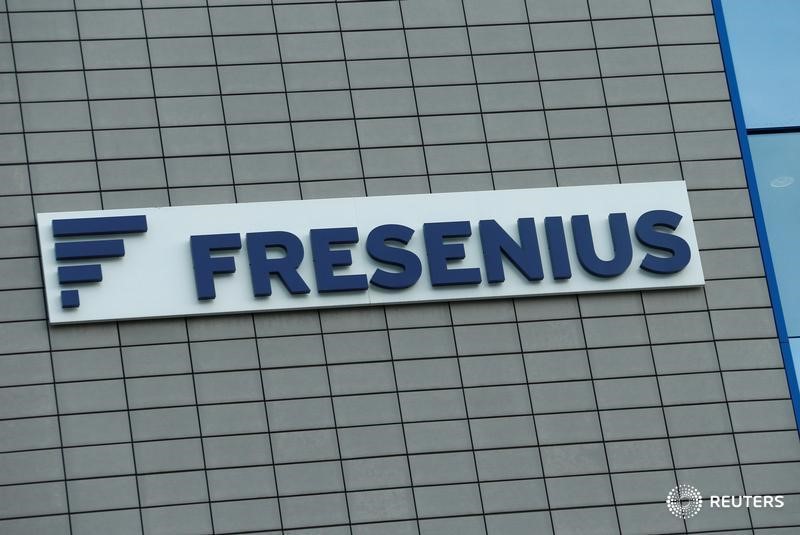Street Calls of the Week
By Geoffrey Smith
Investing.com -- Shares in Fresenius (ETR:FREG) fell the most in five months in Frankfurt on Wednesday, as a gloomy outlook for the coming year, poor results for 2022 and another change of heart on corporate strategy dealt a blow to hopes for a thorough turnaround under its new leadership.
By 04:25 ET (09:25 GMT), Fresenius stock was down 5.1%, at the bottom of a DAX index that was down 0.7%.
In a statement late on Tuesday, the healthcare company had ditched its long-term policy of continually raising dividends as part of what it called a more "rigorous" financial framework. The 2022 dividend was kept unchanged at 92c.
Fresenius also said earnings before interest and taxes could fall this year by as much as 10%, a reflection of problems that were already evident in a miserable 2022, when its stock price hit a 16-year low.
Net profit fell 25% last year to €1.37 billion (€1=$1.065), due to "a challenging macroeconomic environment with increased uncertainties, general cost inflation, staff shortage, disruptions in supply chains, and increased energy costs." Most of those factors are expected to continue to act as a drag on earnings this year. The year ended on a particularly weak note, with operating income falling 22% to €352M, well below consensus forecasts.
Fresenius also signaled it won't be selling down its 32% stake in kidney dialysis specialist Fresenius Medical Care (ETR:FMEG) any time soon, a measure that could have reduced the group's debt burden. Net debt was 3.65 times the group's EBITDA at the end of 2022, compared to a target range of 3-3.5 times.
Instead, Fresenius will change FMC's legal status into a joint stock company and allow it more operational freedom, holding its stake only as a financial investment. FMC stock rose 9.4% in response on Wednesday to its highest in seven months.
The company also intends its Vamed hospital construction unit to operate at arm's length in future, while it concentrates on extracting maximum value from its Helios and Kabi units. Helios is Europe's largest private hospital operator, while Kabi makes generic and biosimilar drugs, clinical nutrition and infusion therapies as well as medical devices and transfusion technology products.
